Prime Minister Keir Starmer on Tuesday made a direct appeal to working-class voters, urging them to reject the “snake oil” promises of the populist Reform UK party and instead support his vision of “a Britain built for all.”
According to a Reuters report, in his most impassioned defence of his leadership since Labour’s landslide victory in July last year, Starmer called for national unity and took aim at Reform UK leader Nigel Farage, accusing him of sowing division rather than offering solutions.
Facing pressure from both the right-wing Reform party and a newly emerging leftist challenge led by former Labour leader Jeremy Corbyn, Starmer urged voters to remain patient with his government, which he said was only beginning the long journey to “renew Britain.”
Appealing to traditional Labour supporters, Starmer acknowledged the frustrations of working people who feel “patronised” by politicians.
He referenced his late father’s experience of being looked down upon for having a manual job, pledging to shift that culture by expanding support for technical education and vocational training.
“No matter how many people tell me it can’t be done, I believe Britain can come together,” Reuters quoted Starmer as telling his party’s second annual conference in the northern English city of Liverpool since winning power last year.
“We can all see our country faces a choice, a defining choice. Britain stands at a fork in the road. We can choose decency, or we can choose division. Renewal or decline,” he said in a challenge to increasingly restive lawmakers who question his leadership after falling behind Reform in the polls.
Acknowledging the challenges of his first year in office — including the lowest personal poll ratings for a British prime minister since at least 1977 — Starmer reaffirmed his commitment to improving living standards and boosting household incomes.
At the same time, he made a concerted effort to reclaim patriotism from Reform UK, presenting Labour as the party that truly represents national pride. Party officials distributed British flags to the audience, which were waved enthusiastically during multiple standing ovations.
Impact Shorts
More Shorts“For me, patriotism is about love and pride, about serving an interest that is more than yourself, a common good,” he said. “And the question I ask seriously of Nigel Farage and Reform is, do they love our country … or do they just want to stir the pot of division, because that’s worked in their interests?”
Starmer reaffirmed his government’s commitment to tackling illegal immigration while pledging to stand firm against racism and discrimination. He took aim at those who, he said, “say or imply the people cannot be English or British because of the colour of their skin.”
Starmer’s direct challenge to Reform UK leader Nigel Farage struck a chord with many attendees at the packed Labour conference.
“Farage doesn’t care about normal people, and it was important we get that message out,” Shabaan Saleem, a 21-year-old Labour councillor, told Reuters.
Farage, however, pushed back against the allegations, accusing Starmer of endangering Reform supporters.
“To accuse countless millions of being racist is a very, very low blow,” Reuters quoted Farage as saying. “It directly threatens the safety of our elected officials and our campaigners.”
Meanwhile, Starmer faces mounting fiscal challenges.
Despite previously calling last year’s tax hikes — the largest in over three decades — a one-off, his government may be forced to find tens of billions of pounds in additional revenue to address a looming budget shortfall.
Chancellor Rachel Reeves, in her own speech at the conference, cautioned against abandoning strict fiscal discipline, warning party members who favour more spending that they were “wrong, dangerously so” — leaving the door open to further tax increases.
Starmer also prepared his party for difficult decisions ahead.
“It is a test. A fight for the soul of our country, every bit as big as rebuilding Britain after the war, and we must all rise to this challenge,” he said.
“And yet we need to be clear that our path, the path of renewal, it’s long, it’s difficult, it requires decisions that are not cost-free or easy. Decisions — that will not always be comfortable for our party.”
With inputs from agencies


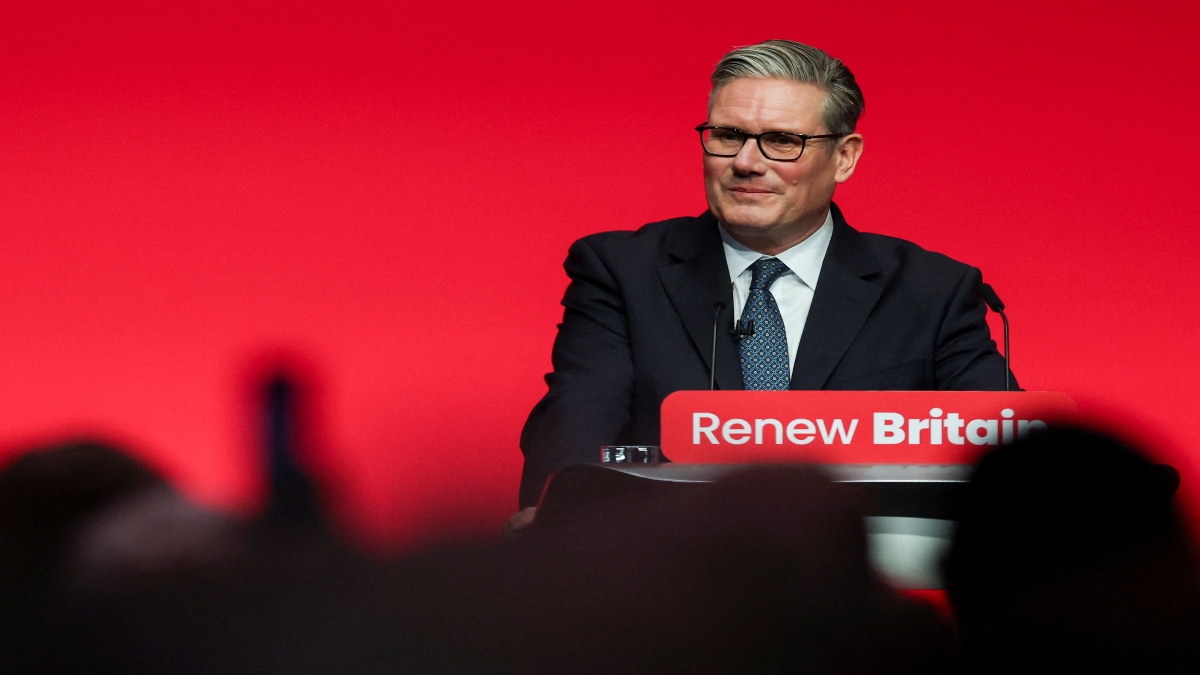)
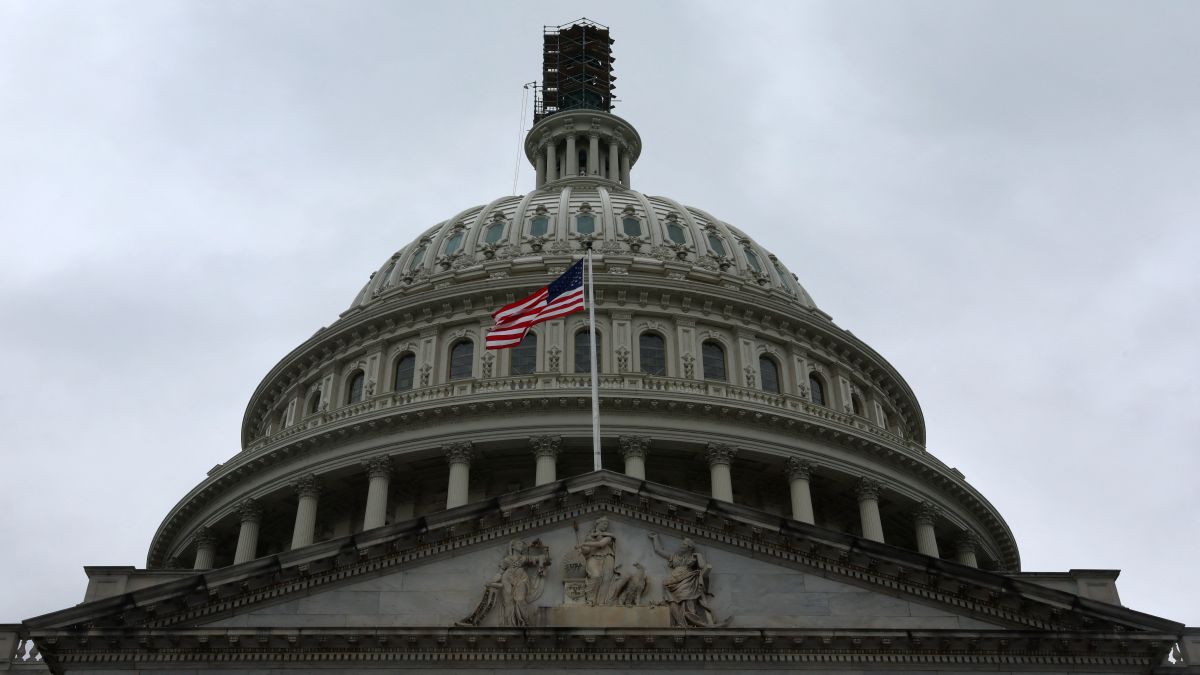
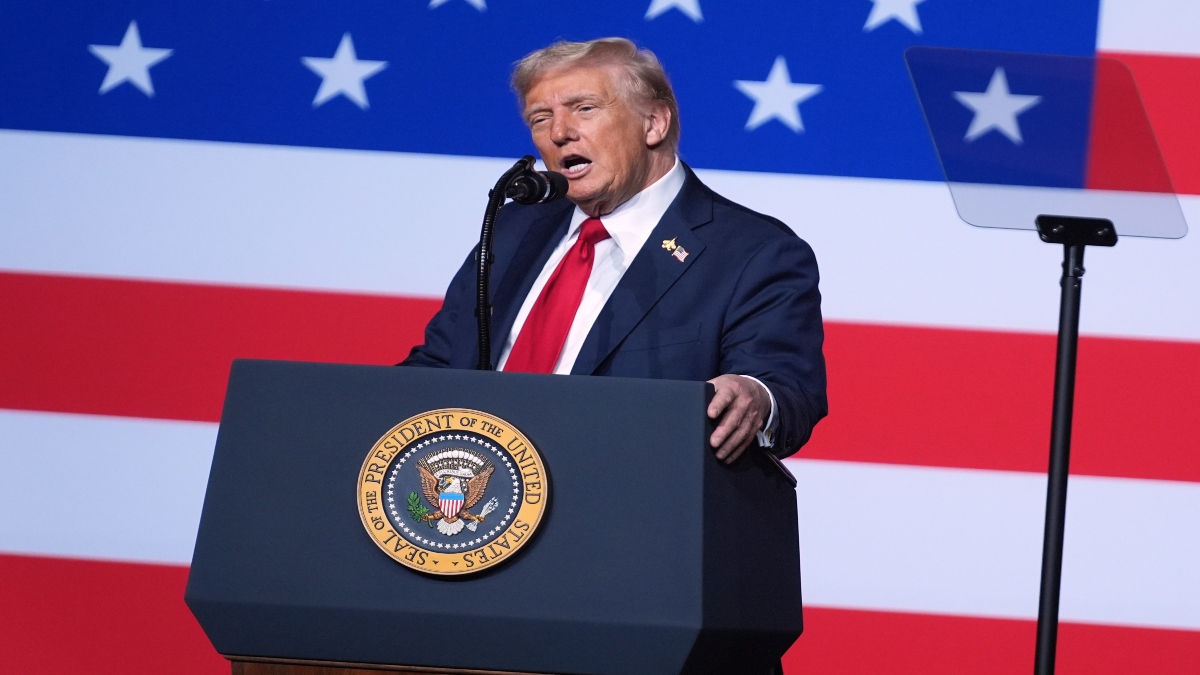)
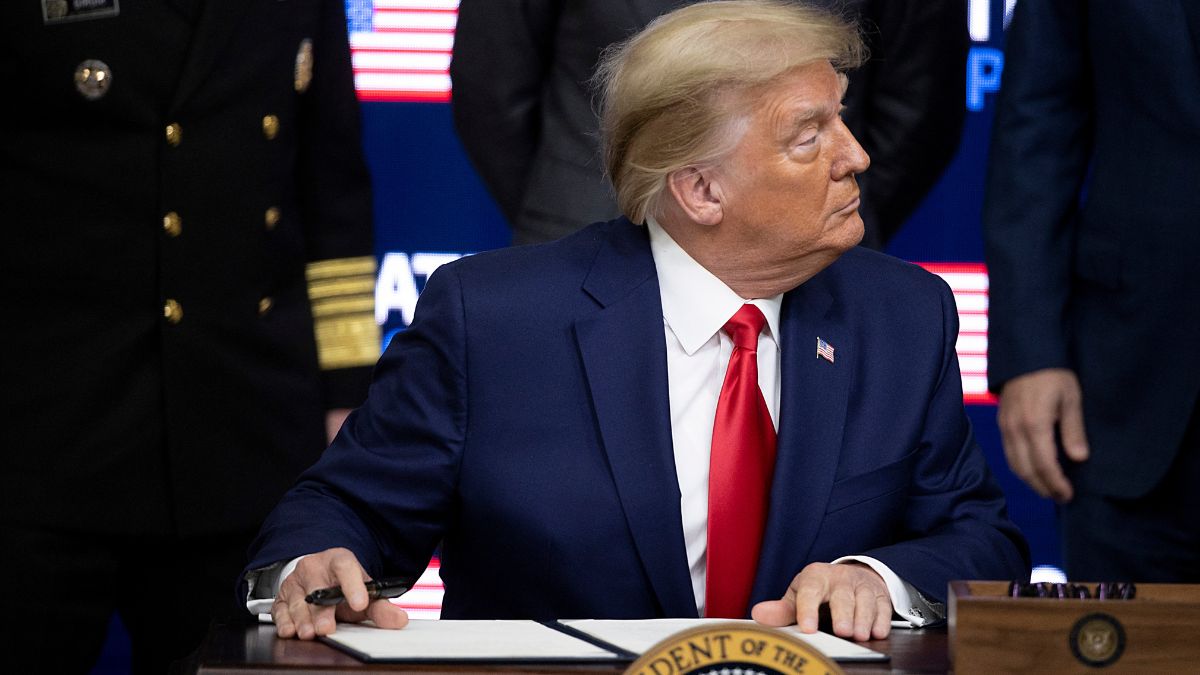)
)
)
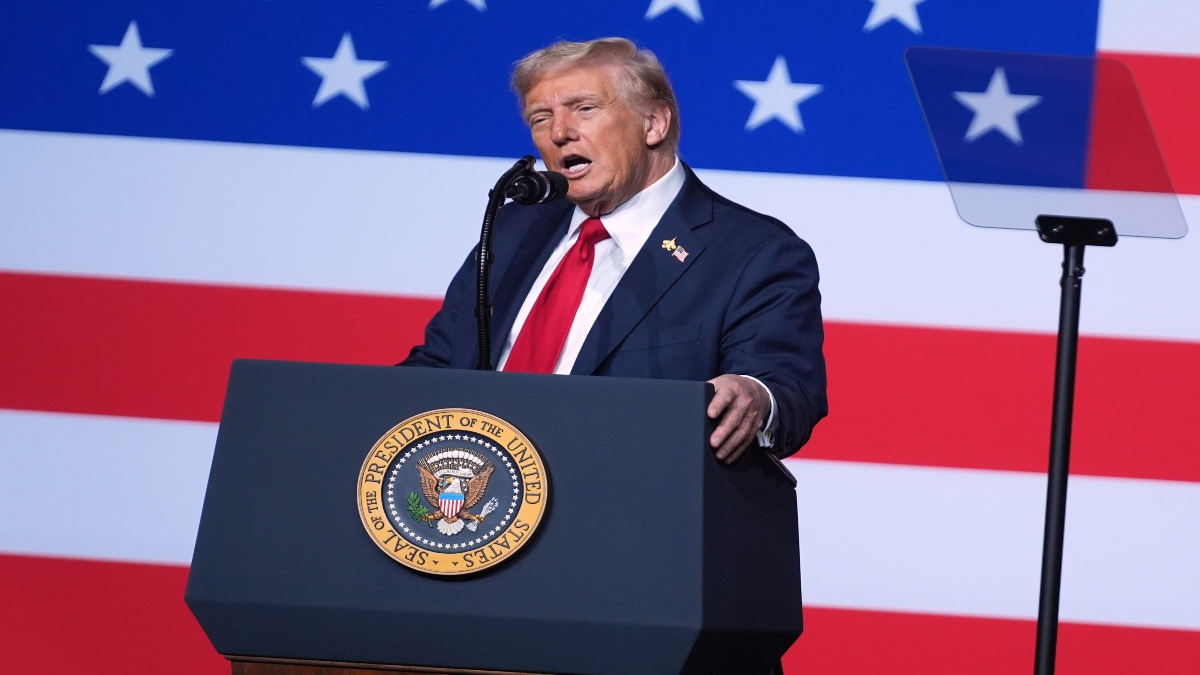)
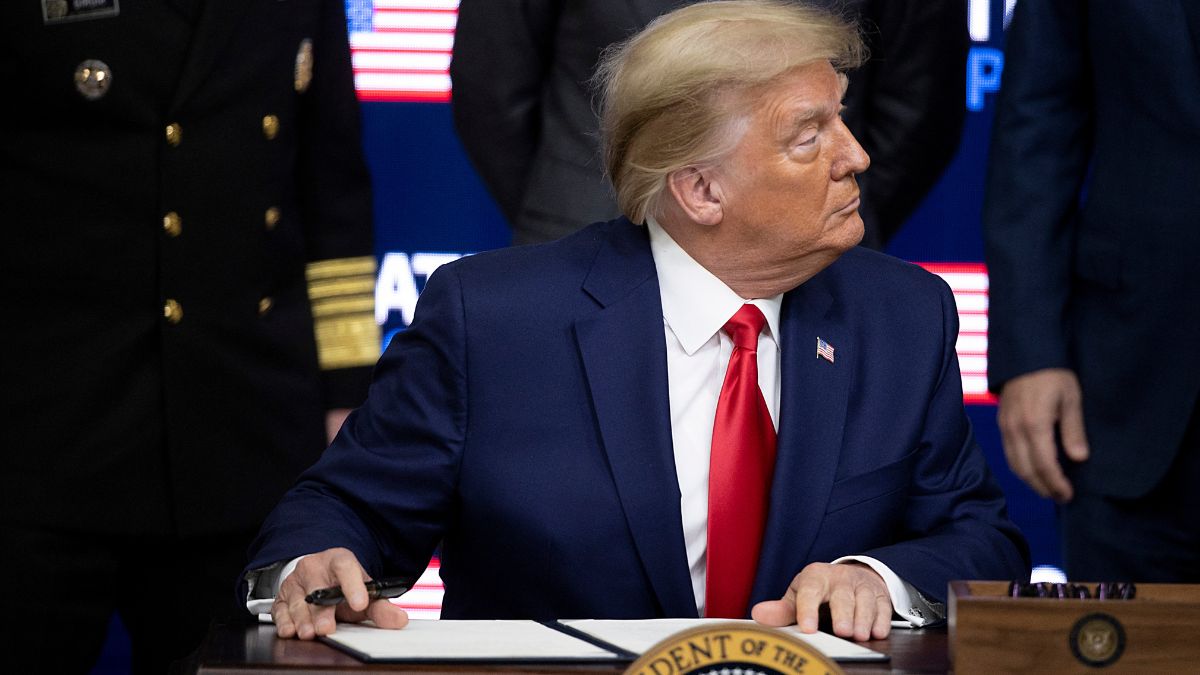)
)
)



